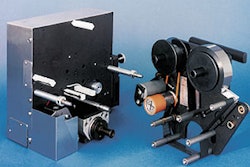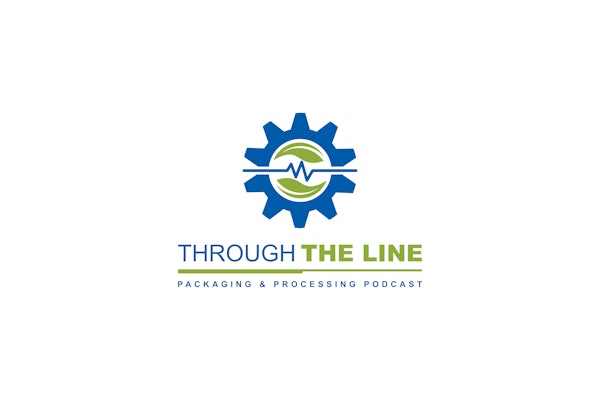The survey, conducted in four different areas of the country with people representative of the United States population, was designed to help FDA gauge consumer attitudes about and knowledge of biotech foods. FDA learned that general awareness is high but specific knowledge low. However, a lack of knowledge didn’t deter consumers from having well developed opinions. The biggest concern is unknown long-term health consequences, though consumers readily accepted the short-term safety of biotech foods. Initially, consumers were satisfied with labeling that merely disclosed that the food or its ingredients were products of biotechnology. But when given a range of labeling options, many saw value in disclosure plus a statement indicating the effect or purpose of the biotechnology (such as “genetically modified to increase Vitamin A content”). They rejected warning-type labeling. Consumers viewed GM-free claims as more promotional, but expected such claims to be accurate. To them, GM-free meant zero bioengineered ingredients, not some small threshold level.
Label biotech foods
Virtually all consumers in a series of 12 focus groups organized by FDA in spring 2000 feel bioengineered foods should be labeled so that consumers can decide whether to purchase them or not.
Mar 31, 2001
Machinery Basics
List: Digitalization Companies From PACK EXPO
Looking for CPG-focused digital transformation solutions? Download our editor-curated list from PACK EXPO featuring top companies offering warehouse management, ERP, digital twin, and MES software with supply chain visibility and analytics capabilities—all tailored specifically for CPG operations.
Download Now
Annual Outlook Report: Automation & Robotics
What's in store for CPGs in 2025 and beyond? Packaging World editors explore the survey responses from 118 brand owners, CPG, and FMCG Packaging World readers for its new Annual Outlook Report.
Download
Downloads





















